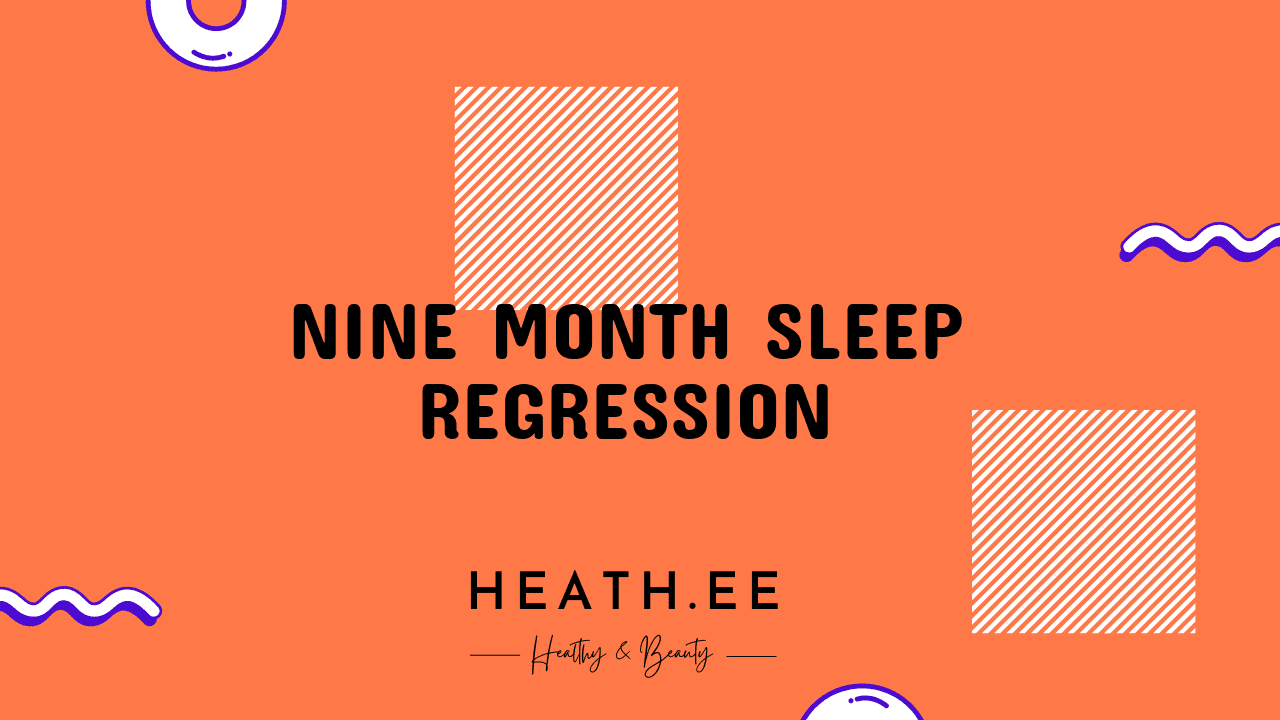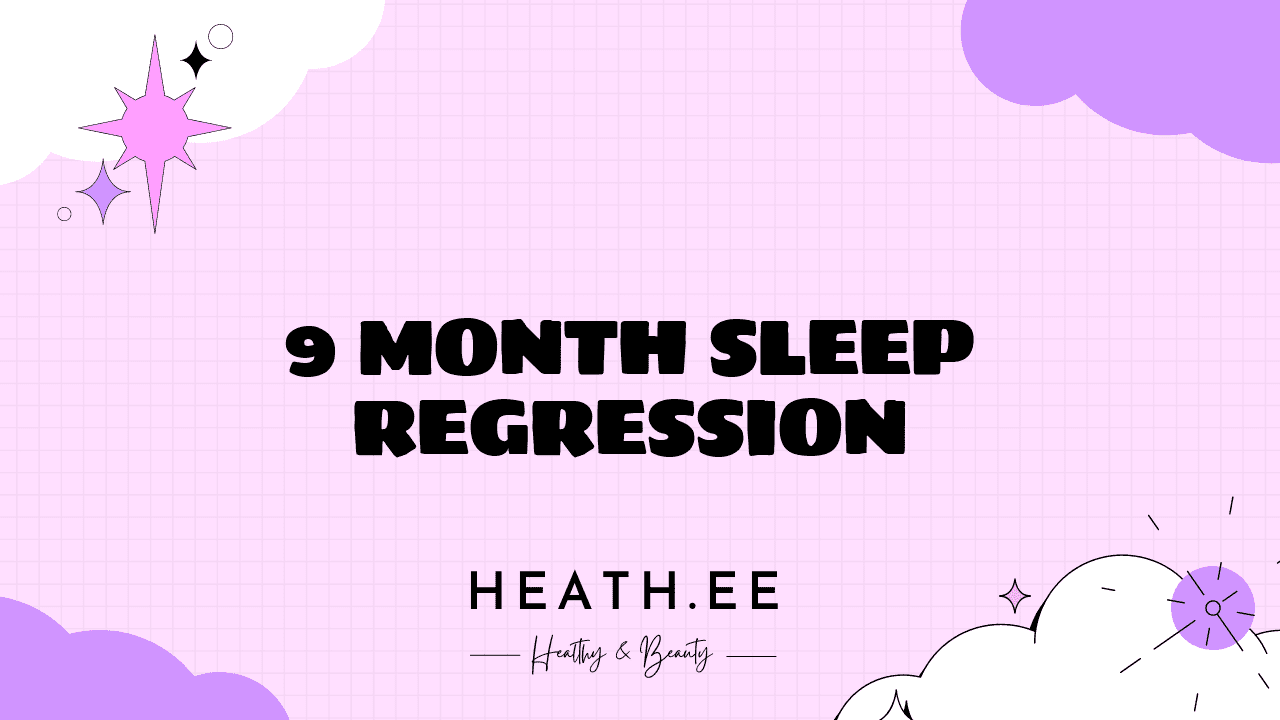The 9 month sleep regression is a common stage in your baby’s development that can cause a sudden disruption in your baby’s sleep. It can be a difficult period for parents, but understanding the causes and how to cope can help you get through it.
The 9 month sleep regression is a period of time when your baby’s sleep patterns change. During this time, your baby may wake up more frequently at night, wake up earlier, and take longer to fall asleep. It’s usually a temporary phase that lasts between two to four weeks, but it can be difficult for parents to cope with.
What Causes the 9 Month Sleep Regression?
The 9 month sleep regression is usually caused by a combination of developmental milestones and environmental changes. During this time, your baby is learning new skills such as crawling, standing, and walking. These skills can be exciting but also a bit overwhelming for your baby.
At the same time, your baby may be exposed to new environments, such as daycare or a new home. This can cause your baby to feel anxious and overwhelmed, leading to more frequent wake-ups at night.

How to Cope with the 9 Month Sleep Regression
Although it can be difficult, there are some things you can do to help your baby cope with the 9 month sleep regression.
The first step is to create a consistent bedtime routine. Routines can help your baby feel more secure and relaxed before bedtime. A good bedtime routine might include a warm bath, a massage, some quiet time, and a bedtime story.
It’s also important to create a calm and comfortable sleep environment. Make sure the room is dark and quiet, and the temperature is comfortable. If your baby is used to sleeping with a pacifier or blanket, make sure these items are available.
Finally, it’s important to be patient and understanding. Your baby is going through a lot of changes, and it’s normal for them to feel overwhelmed. Acknowledge their feelings and offer comfort and reassurance.
Understanding the Different Types of Sleep Regressions
It’s important to note that the 9 month sleep regression is just one of many sleep regressions that your baby may experience. Other common sleep regressions include the 4 month sleep regression, the 6 month sleep regression, and the 18 month sleep regression.
Each sleep regression is different, and understanding the causes and how to cope can help you better prepare for the next one.

Tips for Dealing with Night Wakings
During the 9 month sleep regression, your baby may wake up more frequently at night. While this can be frustrating, there are some things you can do to help your baby get back to sleep.
The first step is to make sure your baby is not hungry. Offer a quick snack if necessary, and then put your baby back to bed.
It’s also important to create a consistent bedtime routine. This will help your baby feel more secure and relaxed at bedtime.
Finally, it’s important to be patient and understanding. Offer comfort and reassurance, and try to stay as calm as possible.
How to Tell if Your Baby is Ready for Sleep Training
Sleep training can be a great way to help your baby learn to fall asleep independently. But it’s important to make sure your baby is ready for sleep training before you start.
The best way to tell if your baby is ready for sleep training is to observe their sleep patterns. If your baby is consistently sleeping through the night, they may be ready for sleep training. If they’re still waking up frequently, they may not be ready yet.
It’s also important to make sure your baby is healthy and developmentally ready for sleep training. If your baby is sick, teething, or going through a growth spurt, sleep training may not be the best option.
When to Contact a Sleep Consultant
If you’re having trouble getting your baby to sleep, it may be time to contact a sleep consultant. Sleep consultants are trained professionals who can help you understand your baby’s sleep patterns and create a plan to help them sleep better.
When looking for a sleep consultant, it’s important to find someone who is experienced and knowledgeable. Look for someone who has experience working with babies, and who is familiar with the latest research on sleep.
It’s also important to find a sleep consultant who is a good fit for you and your family. Make sure you feel comfortable with their approach, and that they are willing to answer any questions you may have.
9 Month Sleep Regression: Final Thoughts
The 9 month sleep regression can be a difficult time for parents, but understanding the causes and how to cope can help you get through it. Creating a consistent bedtime routine, creating a calm and comfortable sleep environment, and being patient and understanding can all help your baby cope with the 9 month sleep regression.
If you’re having trouble getting your baby to sleep, it may be time to contact a sleep consultant. Sleep consultants can help you understand your baby’s sleep patterns and create a plan to help them sleep better.
The 9 month sleep regression is a common stage in your baby’s development, but it doesn’t have to be a difficult one. With the right knowledge and support, you can get through it and help your baby get the sleep they need.



